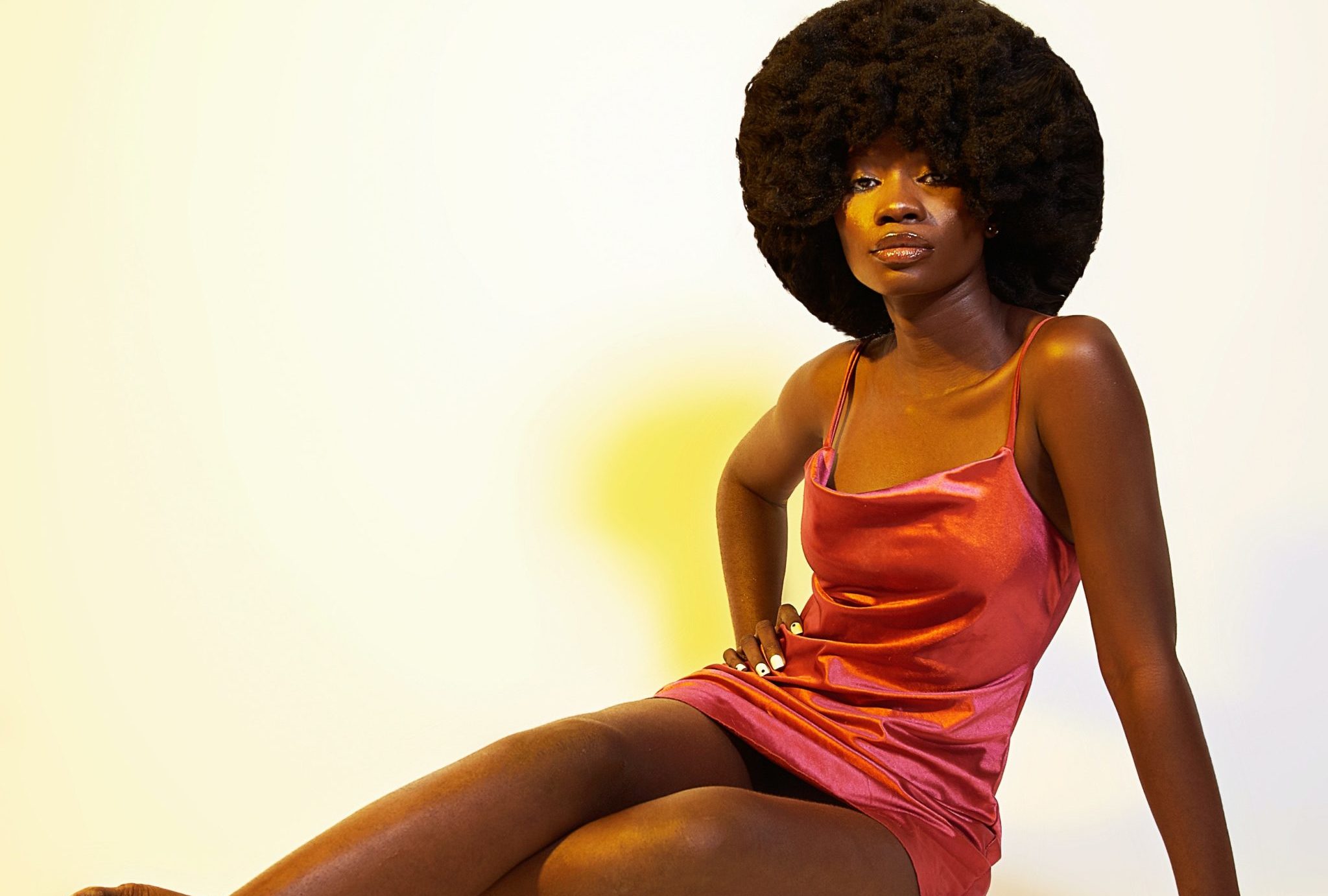It is already very difficult to be a Black woman who embraces her natural curls. Now, studies show that there is something called an “Afro-Tax” that those with curls and coils could be facing.
What is an “Afro-Tax”?
An Afro-Tax is the idea that Black women must pay more money than their white counterparts to take care of their hair. It also supports the idea that there is a lack of services and products offered for Black women. According to research done by All Things Hair, 21% of Black women spend more than 25% of their monthly budget on hair products. Although the numbers seem small, that is in comparison to 5% of white women who spend the same.
Unfortunately, this is not only an issue in America, but in the UK as well. In a study done by Treasure Tress, Black adult women in the UK account for 10% of the country’s haircare spending although they only make up about 2% of the adult population.
The Impacts
The frequent use of hair products for curlier hair textures is in direct relation to the “Afro-Tax.” Products for Black hair are used more often, therefore prompting the consumer to buy more, the price ends up getting higher due to the demand. Some products can be up to 70% more expensive than products for straight hair.
What makes matters worse is that even with many natural hair care products on the market, many women still find themselves having a difficult time finding the right one. According to the research done by All Things Hair, 28% of Black women in the US find it difficult to find products that suit their hair type.
Jamelia Donaldson, CEO and founder of TreasureTress says there’s a long road ahead of society normalizing Black hair products in an effort to address the “Afro-tax.”
‘Black women spend the most but feel most isolated and left out by major brands in their product formulations, and marketing campaigns. While there is a gold rush for brands trying their best to cater to natural hair – in reality, reputation, community and trust are key ingredients missing,” she explains.
“It’s become clear over the last decade that we’re not a monolith, and we take beauty seriously. Now we just wait for the industry to take us more seriously.”
